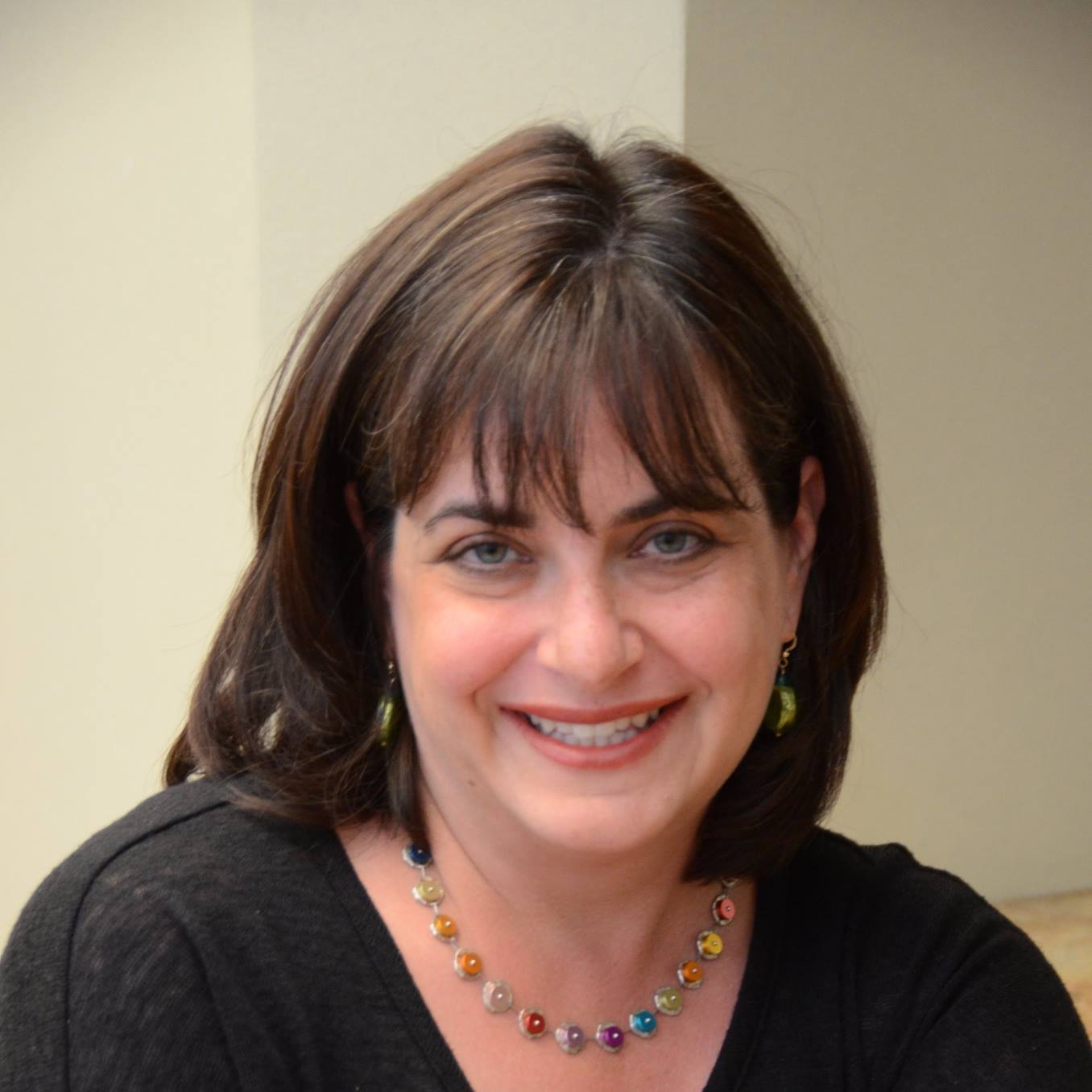Liberation is typically characterized by the arrival of Allied forces. Interviewees tell of liberation from concentration camps, or during death marches, or may describe liberation upon emergence from hiding.
He Helped Rescue Thousands from the Nazis, Then Kept His Story Quiet for Decades
In a five-hour interview with USC Shoah Foundation, Justus Rosenberg refers to himself as “small fry,” “a cog,” an unimportant person. And perhaps it was for this reason that for decades, the Bard College literature professor hadn’t let on—to his colleagues, to his students, and even, for a time, to his own wife—that he had fought and outwitted the Nazis during World War II to save thousands from persecution.
Justus Rosenberg Photos
Exploring USC Shoah Foundation's Visual History Archive
Join us on January 18 as we take a deep dive into USC ShoahFoundation’s Visual History Archive, which is home to nearly 55,000 testimonies from survivors and witnesses of the Holocaust.
The Legacy of Resilience
Through the lens of their testimony as part of the “If You Heard What I Heard” docuseries produced by Carolyn Siegel, the grandchildren of Holocaust survivors will share their experiences of growing up with first hand accounts of the atrocities of the Holocaust.
Introducing the Project on Bioethics and the Holocaust: Using Testimony in Medical and Health Professions Education
Join the Maimonides Institute for Medicine, Ethics and the Holocaust and the USC Shoah Foundation - The Institute for Visual History and Education as we commemorate International Holocaust Remembrance Day with the official launch of the Project on Bioethics and the Holocaust: Using Testimony in Medical and Health Professions Education.
